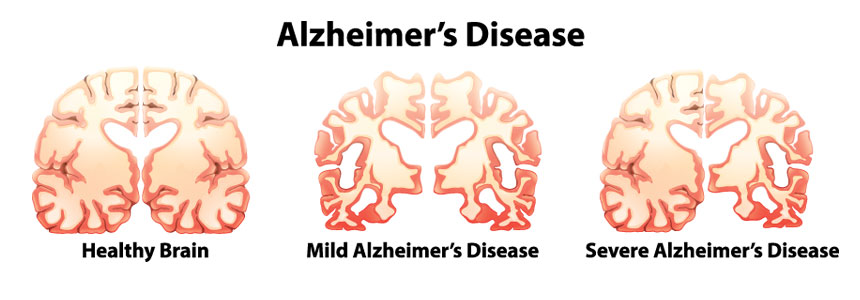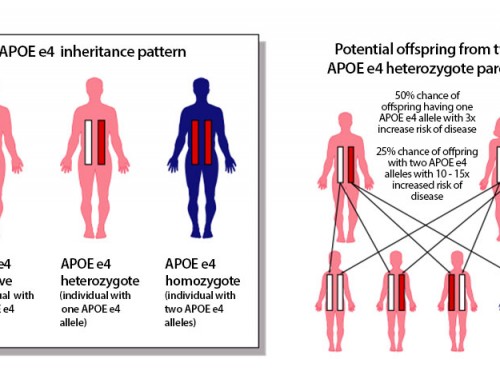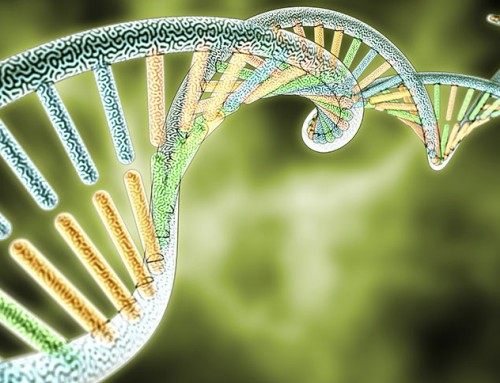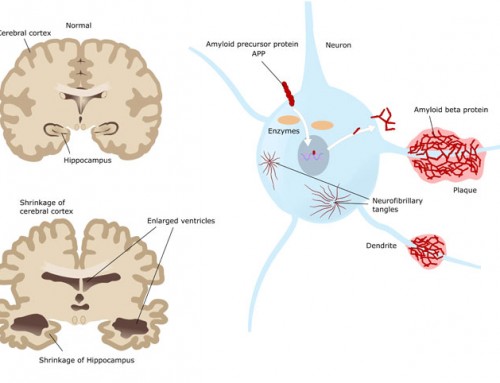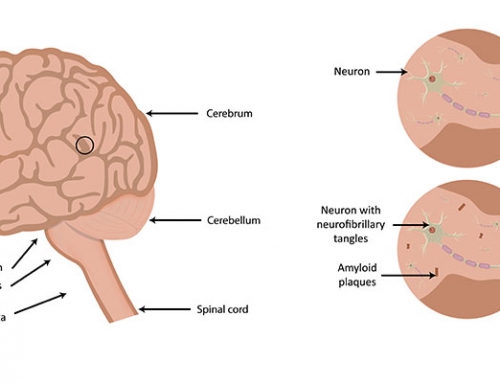[Updated 2015 Sep 24]. In: Pagon RA, Adam MP, Ardinger HH, et al., editors. GeneReviews® [Internet]. Seattle (WA): University of Washington, Seattle; 1993-2015.
What are the stages of Alzheimer’s Disease?
Alzheimer’s disease is a progressive, degenerative brain disorder that results in loss of memory, thinking, reasoning and changes in behavior. The signs and symptoms of Alzheimer’s always become worse as the disease progresses, but the rate of disease progression varies. Some affected people will only live 5-10 years after diagnosis, while others can live as long as 20 years post-diagnosis.
The pre-clinical stage of Alzheimer’s disease occurs years before signs and symptoms of the disease first appear. This stage involves microscopic changes and damages to the brain but the disease remains undetected until the symptoms become apparent in later years.
The progression of Alzheimer’s disease can be classified into three main categories: Early Stage (Mild), Middle Stage (Moderate) and Late Stage (Severe). Each stage has different signs and symptoms depending on the affected individual.
Early Stage Alzheimer’s disease, also known as Mild Alzheimer’s, usually lasts for 2-4 years. The affected person will usually still be able to function independently, such as driving or working, but might suffer issues with memory, coordination or concentration. For example, they may forget the location of a precious object, have increased trouble organizing or experience a hard time with everyday tasks.
Middle Stage Alzheimer’s disease, also known as Moderate Alzheimer’s, lasts for 2-10 years. The nerve cells in the brains are damaged to an extent that the affected person might have difficulty in expressing thoughts or performing routine tasks. As the memory loss of the affected person gradually becomes worse, it will begin to cause problems in everyday life. Affected individuals start to forget about personal events or may not recognize friends or family. They will often have confusion about the current date or place, an inability to retrace their steps, experience changes in the sleeping pattern or suffer from delusions. Many affected individuals at this stage also become depressed or frustrated.
Late Stage Alzheimer’s disease, also known as Severe Alzheimer’s, lasts for 1-3 years. Memory and reasoning skills of the affected individual deteriorate, and they have a difficult time responding to their environment. They may have trouble controlling movement, an inability to express themselves properly, extreme mood swings, confusion between what is happening now and in the past. Eventually affected individuals usually have problems with swallowing and controlling bladder and bowel movements. By this stage, extensive help with daily activities and personal care is required as the body shuts down. Although Alzheimer’s disease is incurable and irreversible, the affected individuals do not die of Alzheimer’s disease. However, during the course of the disease, the body’s defense mechanisms ultimately weaken and patients die from further complications such as malnutrition, pneumonia or a heart attack.
References:
Alzheimer’s Disease Fact Sheet. (Page Last Updated: July 20, 2015). Alzheimer’s Disease Education and Referral (ADEAR) Center – A service of the National Institute on Aging, National Institutes of Health.
Bird TD (1998). Alzheimer Disease Overview.
Genovate Laboratories2017-04-06T00:20:04+00:00

